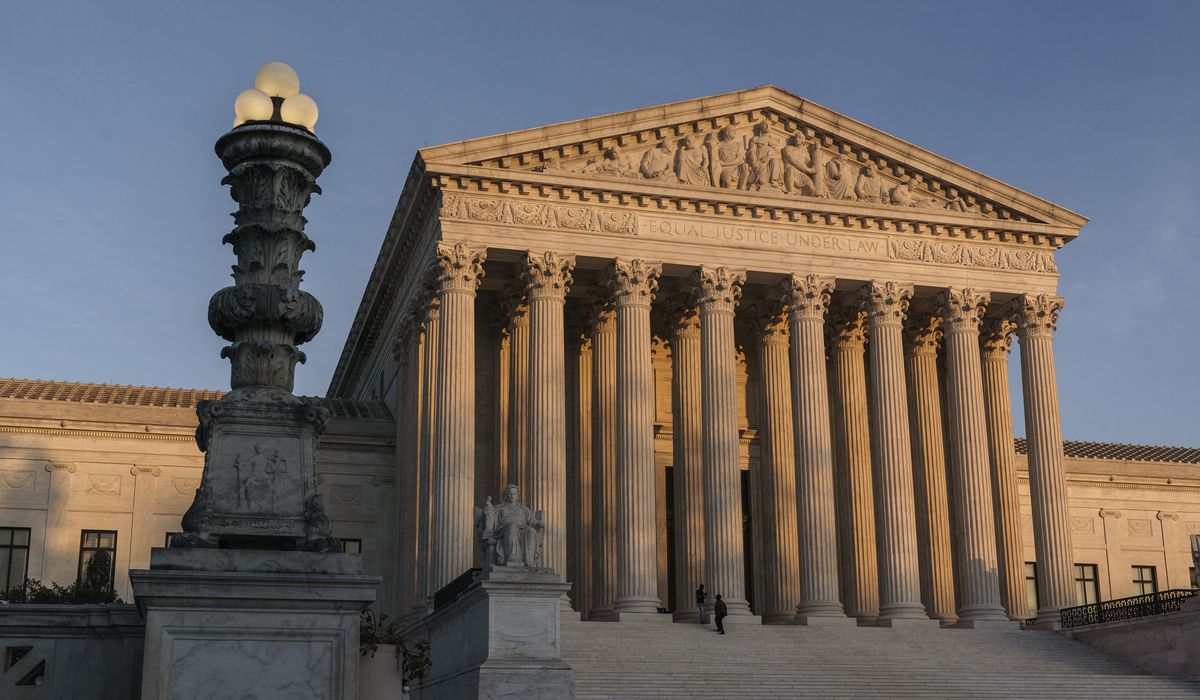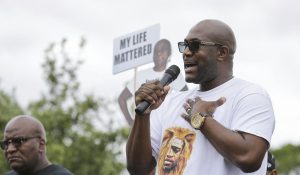A 75-year-old war veteran is vowing to fight on and work to hold federal officers accountable after the Supreme Court rejected his lawsuit Monday against three Department of Veterans Affairs officers, alleging they assaulted him at a VA Hospital in El Paso, Texas, in 2016.
“I will never give up,” said José Oliva, who served in the Vietnam War. “As we say in the military: duty, honor, country. We leave no one behind and we don’t give up. I invite every American to join me in this fight. The Constitution is here to protect all of us. It does not take a leave of absence when the perpetrator happens to work for the federal government.”
On Monday, the high court declined to hear Mr. Oliva‘s legal battle without comment. It would have taken four justices to agree to hear the case.
The conflict began when Mr. Oliva went to a dentist appointment at a VA hospital in 2016, but did not show his identification at the security checkpoint. Instead, he put it in the bin along with his other items.
The move, according to court documents, angered one of the officers at the entrance, who put Mr. Oliva in a chokehold and restrained him.
They charged Mr. Oliva with disorderly conduct, but later dropped that charge.
Mr. Oliva said he suffered persistent throat issues after the incident and had to undergo shoulder surgeries after the aggressive restraint.
He sued to hold the officers, Mario Nivar, Mario Garcia and Hector Barahona, accountable for allegedly violating his constitutional rights. He claimed they used excessive force.
“These officers felt like the law did not apply to them,” Mr. Oliva said. “I wanted to prove them wrong. Not just for me, but for all of us who live in this constitutional republic founded on the principle of government accountability.”
He won in the district court, but on appeal the 5th U.S. Circuit Court of Appeals sided with the officers.
Lawyers for the Institute for Justice, which represents Mr. Oliva, said the 5th Circuit’s ruling effectively held that federal officers couldn’t be sued.
“We will continue the drumbeat and keep bringing these cases to the U.S. Supreme Court. It is simply wrong that someone like José cannot even open the courthouse door and sue the officers who beat him. If the Constitution doesn’t protect José, we should all be very worried,” said Patric Jaicomo, a lawyer for Mr. Oliva.
The federal officers argued they were entitled to qualified immunity, which is a legal shield from civil lawsuits when officers are acting in their official duties.
Gabriel Perez, an attorney who represented some of the officers, said the justices declining to hear the case on Monday is a move that falls squarely in line with the court’s prior case law.
“The court got it right in this situation,” he said.



















